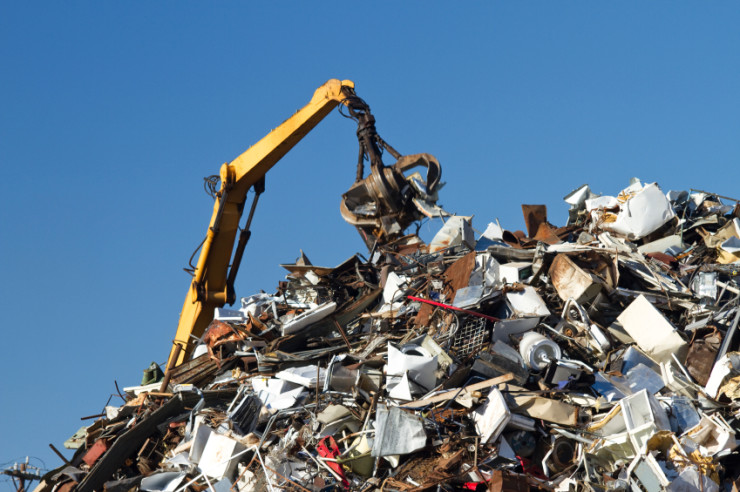
With the world emerging from metal age to digital era, we yet have to pay our debts to earth’s most precious mineral resources that shaped many civilizations and that guided the great industrial revolution a few centuries ago. One can not imagine any infrastructure without accrediting metal usage. With the limit of metal availability on earth shrinking beyond measures, industry leaders and scientists are thinking of alternative methods by which metals can be recycled. Key industrial places like Houston and other parts of the USA have seen the value of recycling metal wastes so that the ecological damage can be minimized and also the economy can be boosted. While materials like plastic, rubber, paper and newsprint are recycled and taken care of, the real trouble begins when it comes to recycling metal wastes. Metals, being valuable and non-renewable mineral products, we have to reuse them wisely so as to gain maximum advantage without causing any harm to the environment.
Why recycling metals is crucial to industrial and global sustenance?
No matter how less attention the general population might pay towards recycling metal products such as cartons, cans and other containers, the benefits of recycling these metal products once they have served their purposes is immense.
- Preserving the limited mineral resources
The natal period of internet age precursors the limits of our small world in terms of metal reservoirs. The effects of industrialization can be noticed in the fact that while the global demand for earth metals may rise to some 185,000 tons a year, metal remains on earth is shrinking to smaller figures every day.
If we can recycle and reuse metals (for an extended period if not indefinitely), we can not only preserve the finite resources that we have but also meet the demands of the market in a more economical way.
- For an environment-friendly world
Increasing emission of carbon-based gasses is a significant concern for every environmentalist. Whether its ozone layer depletion or melting of glaciers and rise in mean sea level, the implications of global warming challenges the survival of life form on earth. By recycling metal material, we can substantially reduce the amount of greenhouse gas emission. Compounding it is the decrease in production of mining wastes, less use of water for industrial usage and conservation of manual labor.
- Economic advantages
The most direct and obvious benefit of recycling scrap metal can be seen on economic grounds. Reusing scrap metal translates into the fact that government will have more money to utilize at right places that will foster improvement of various facets of the economy. The ripple effects will act on towards economy benefitting both large scale and small scale businesses so that they can have more options to expand.
More people getting more job alternatives, the GDP of a country is directly proportional to the initiatives to recycle scrap material. If a large section of the population can indeed put efforts in recycling metal regularly, the cost of metals will see a considerable decline and thus as a consumer, you have to pay less to purchase metal goods. This price adjustment can take force if we as concerned citizens understand the value of recycling scrap metal.














